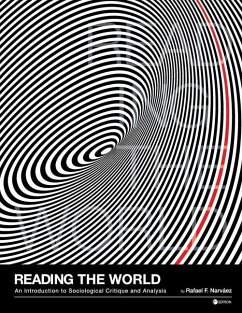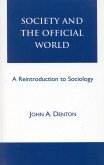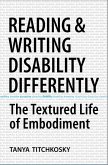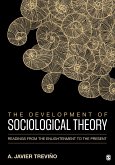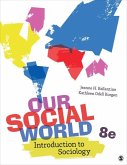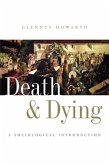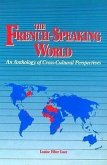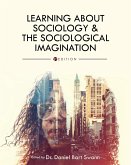Reading the World: An Introduction to Sociological Critique and Analysis helps students see that the normal, familiar aspects of their everyday life frequently have unexpected and even startling dimensions. Students learn to uncover layers of meaning that are hard to spontaneously perceive in things, behaviors, and events in the world around them. The book helps readers understand how and why the familiar can be deceptive. It shows that the sciences, sociology included, help us see things otherwise blurred by our own habits of thought, obscured by unexamined mental routines that limit what we can perceive, think, and imagine. The text also helps students understand how individuals and societies develop a sense of curiosity about the way the world works, and a related readiness for the new, the unexpected, and the strange. It shows that this kind of reflective attitude has changed history, liberated us from our own unexamined perceptions, and bettered the human experience. Reading the World is designed for courses in the social sciences, particularly those that emphasize social constructionism as well as critique and analysis of ideology, including introductory courses in sociology, social psychology, and social theory. The second edition features expanded content and more robust discussions of key topics throughout. It has been revised, updated, and reorganized to present the information in 13 chapters rather than 16. Rafael F. Narváez earned a Ph.D. in sociology at The New School in New York City. He is an associate professor of sociology at Winona State University in Minnesota. His research interests include the intersections of sociology, psychology, and biology, and questions pertaining to embodied collective memory.

